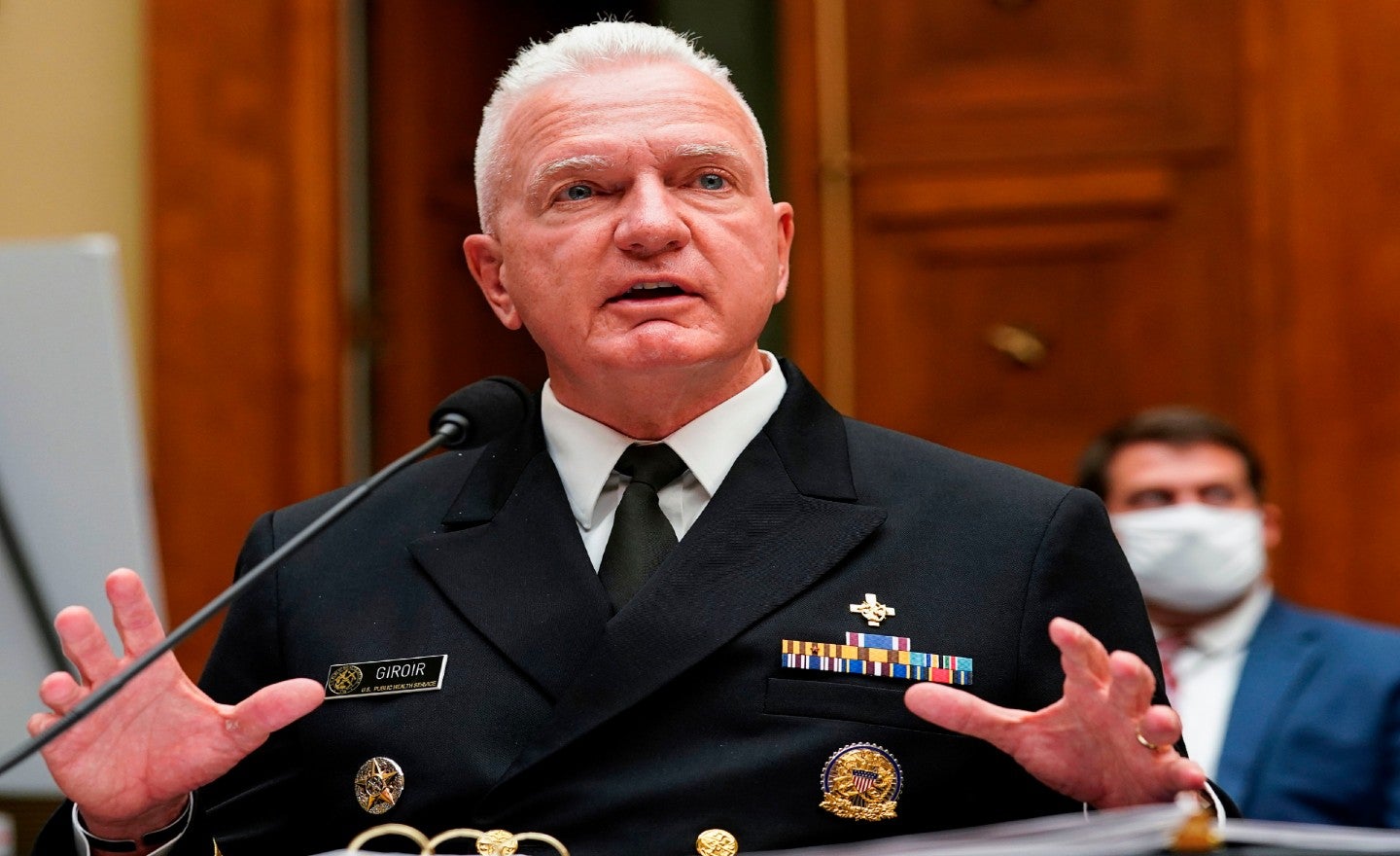Echoing sentiments expressed by public health experts nationwide, the majority of the coronavirus is coming from asymptomatic individuals infected with the virus but not exhibiting the telltale signs of COVID-19, says Admiral Brett Giroir, the assistant secretary for the U.S. Department of Health and Human Services.
Speaking to CNBC reporters, Giroir says that the U.S. needs to be able to test everyone, even people who do not feel sick.
“We know that most of the spread are from asymptomatic people, particularly young adults, so you have to cast a wide net and I think we’re able to do that,” he said on the network’s “Squawk Box” program.
Asymptomatic spread of the coronavirus was identified as a component of the disease’s propagation as the virus hit stateside, with face masks being the best defense. Despite these advances over the past few months as the country grapples with the societal fall out from the virus, masks remain a contested topic nationwide, with some states issuing mandates to wear them in public and others resisting implementing the measure.
WHAT YOU NEED TO KNOW ABOUT CORONAVIRUS RIGHT NOW
FAUCI WARNS YOUNG PEOPLE THEY ARE NOT IMMUNE TO ADVERSE EFFECTS OF CORONAVIRUS
12 STATES SHOW RECORD SPIKES IN CORONAVIRUS CASES
HERE ARE THE 6 WAYS THE CORONAVIRUS PANDEMIC COULD END
CORONAVIRUS MAY CONTINUE TO ‘HOPSCOTCH’ ACROSS THE US
Anthony Fauci, the head of the National Institute of Allergy and Infectious Diseases (NIAID), corroborated this stance while speaking to tech CEO Mark Zuckerberg on Thursday.
“When you measure the level of virus in the nasal pharynx of asymptomatic people, compared to people who are symptomatic, there doesn’t seem to be any difference, which means there’s as much virus in the nose of a person who’s asymptomatic as there is in a symptomatic person,” Fauci said.
One of the novel features of the coronavirus is that it has a wide range of manifestations within each individual. Some show symptoms identified as coughing, troubled breathing and irritable digestion, while others are completely asymptomatic. Without a confirmation test, asymptomatic individuals would have no way of detecting an infection. This is part of what caused the virus to spread so quickly throughout the country.
Because of this, Giroir said that the testing in the U.S. must be robust enough to accommodate asymptomatic individuals after suffering shortages throughout the pandemic.
“Early on, we had a very tight limitation of testing, so we were really dealing with those who were symptomatic in the hospital or health care workers. Now, it’s very, very important that we actually test those who are asymptomatic,” he advocates. “You

